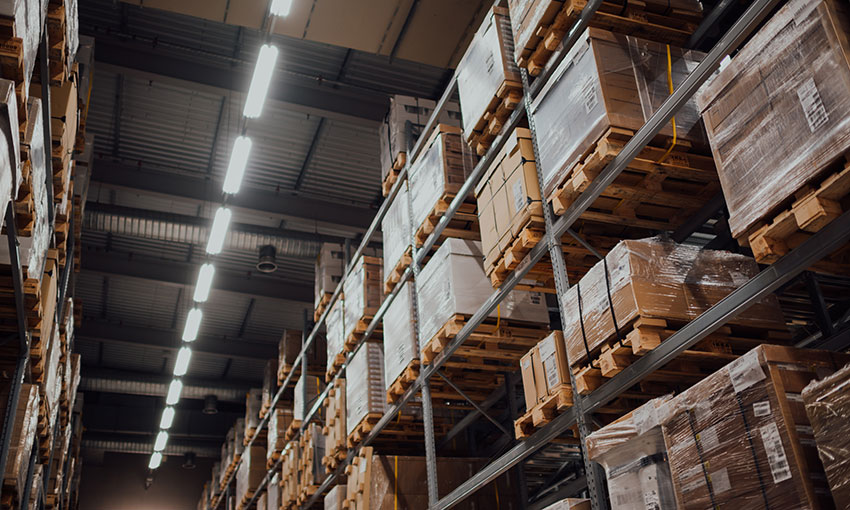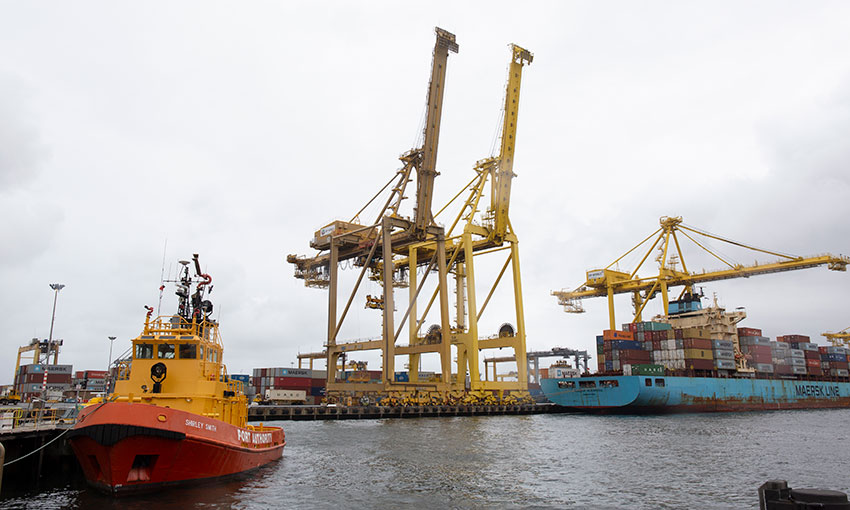THE Australian government’s recent decision to relax restrictions for freight and logistics workers has triggered an onslaught of support and backlash from within the industry, but there may be truth in both sides of the argument.
The new rules, which came out of a national cabinet meeting on 13 January, encourage close contacts in the industry to return to work immediately after receiving a negative rapid antigen test result.
The intention of the decision was to remove the isolation period for workers along the supply chain, to better facilitate the movement of food along supply lines and keep the economy functioning.
Despite the apparent support for supply chains, some unions argued the decision would have the reverse effect, sending staff back into the workplace at the expense of their health.
Speaking to DCN, professor Vinh Thai from RMIT University’s School of Accounting, Information Systems and Supply Chain said the disagreement among stakeholders reflects issues at both ends of the situation.
“There is no doubt that the supply chain issues i.e. disruptions and shortages particularly in relation to food supply that we are currently facing have had tremendous impacts on supply chain performance and eventually our daily life.”
Noting that international disruptions had been amplified by local supply chain disruptions, Mr Thai reiterated that the major challenge across Australian supply chains is the shortage of workers.
He said farms, factories, and abattoirs as well as transport to retailers such as supermarkets have been impacted.
Further along supply lines, staff working in those retailers, as well as distribution workers to deliver products sold online have also been affected.
Mr Thai said the restrictions recently lifted by federal and state governments may help improve the situation.
“It is … possible that these problems may be eased in the next few weeks, depending on how quickly these changes will be implemented, as well as the co-ordination between federal and state governments, and between governments and various business sectors,” Mr Thai said.
“Together with some controls being in place such as limits imposed by supermarkets, it is unlikely that these problems will get worse.”
Commenting on the disagreement following national cabinet’s recent decision to relax restrictions across the industry, Mr Thai said there may be truth in both sides of the argument.
“It is understood that the decision from the national cabinet seems to have divided the transport and logistics industry, and I can see the rationale from both sides,” he said.
“My view is that while the permission for workers to return to work is essential to ease the current short-term labour shortage, the implementation of this has to be done sensibly and rationally.
“For example, apart from the negative RAT result, common-sense judgment may need to be made with regards to whether a worker is fit for work on site i.e. fully vaccinated and practising all COVID-safe measures.
“Management may also consider incentives such as sponsoring the cost of RAT for their workers, or other financial incentives and health benefits at least during the short-term period, if the overall benefits, for example increased sales, enhanced customer satisfaction etcetera outweigh the costs.”
Mr Thai said the federal and state governments may also need to consider some incentives for firms.
“Overall, there are always two sides of the same coin, and any decision made will need to take into account the overall benefit-to-cost considerations, from both micro- and macro-levels.”





